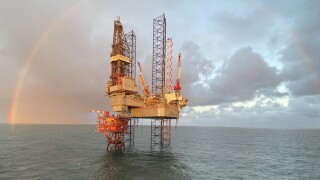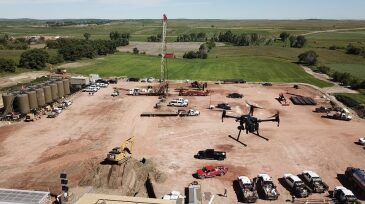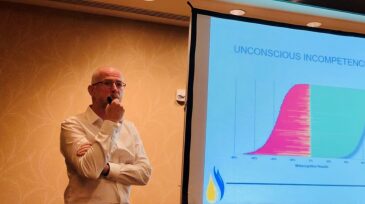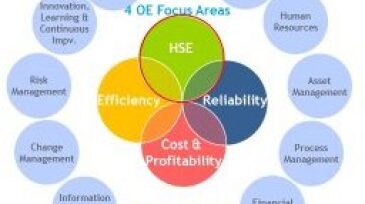HSE & Sustainability
Block Energy announced the completion of its carbon capture and storage pilot study, confirming the viability of the field for permanent carbon storage.
DNV awarded the Abu Dhabi National Oil Company a storage certificate at the endorsement stage for its West Aquifer site.
Four former gas-producing wells have been converted into injection wells and are now preparing to receive carbon dioxide for storage.
-
This study investigated the association between occupational noise exposure and the risk of elevated blood pressure and hypertension by stage in young adults.
-
One of the more significant benefits of drones in the field to date has been their ability to improve safety in the field.
-
Safety training must hurdle barriers built by people’s confidence in their misconceptions.
-
Johanna Dunlop, SPE’s technical director for health, safety, and environment, talks about efforts to create sustainability standards and to honor those doing top work.
-
Saudi Aramco’s Southern Area Oil Operations (SAOO) organization is one of the company’s critical areas of operations. This paper sheds light on SAOO’s continuing journey of sustainability and discusses implemented and planned activities that make sure the journey continues.
-
The term sustainability is widely used. Unfortunately, when applied to hydrocarbon energy sources, it is often mentioned in a negative way. Too often, the focus is on reducing the use of hydrocarbon fuels or measuring the emissions resulting from burning of hydrocarbon products.
-
The most recent report from the United Nation’s Intergovernmental Panel on Climate Change and December’s international conference on climate change held in Katowice, Poland, show that the world is not coming close to reaching the targets set in the landmark Paris Agreement of 2015.
-
The term sustainability is widely used. Unfortunately, when applied to hydrocarbon energy sources, it is often mentioned in a negative way. Too often, the focus is on reducing the use of hydrocarbon fuels, or measuring the emissions resulting from burning of hydrocarbon products.
-
A hands-on workshop set for 14 February in Houston will be led by industry leaders in health, safety, and environment to provide participants the opportunity to learn how to inspire, motivate, and lead for safety and operational excellence.
-
SponsoredNew extreme environment ultracapacitor technology will allow directional drillers to eliminate lithium from their entire supply chain. These advanced ultracapacitors can be coupled with downhole turbine generators to provide reliable downhole power without the need for lithium.













